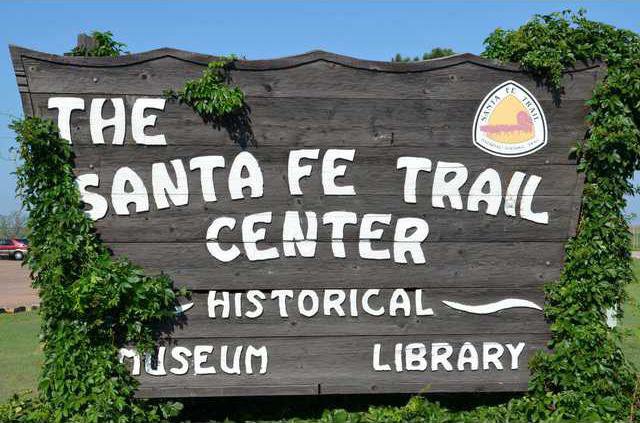TOPEKA — A rich collection of historic trail maps has been digitized and is available online in time for the 200th anniversary of the Santa Fe Trail. This project completes a two-year effort for the Kansas Historical Society, in partnership with the Kansas City Area Historic Trails Association (KCAHTA). Now available in the Historical Society’s online digital archives, Kansas Memory, these maps will be of interest for travelers, students, educators, researchers, and scholars who want to understand the legacy and impact of the historic frontier trails on our nation’s heritage.
The historic Santa Fe Trail marked its beginnings when William Becknell’s trading expedition left Boonville, Mo., on Sept. 1, 1821, for Santa Fe, Mexico. The expedition followed days after Mexico separated from Spain’s 300-year rule. The Santa Fe Trail became the primary trade route between the new nation of Mexico and the United States.
The digitizing project involves 262 of 342 U.S. G.S. Topographic Quandrangle Maps (Quads) from the KCAHTA’s Lee and Dorothy Kroh Collection maintained at the Mabee Learning Commons on the campus of MidAmerica Nazarene University in Olathe. These Quads contain the historic frontier Santa Fe Trail between Franklin, Mo., and Santa Fe, N.M., including the Mountain and Cimarron routes; and segments of the Oregon-California Trail within the Kansas City area, which passed the same routes. The maps also include the Fort Leavenworth-Fort Scott Military Road segment through Johnson, Wyandotte, and Leavenworth counties; and territorial roads of the Kansas City region.
The digitized Quad maps can be found at kansasmemory.org, by searching the site for Kroh maps; or a list of multiple links at kansasmemory.org/category/14145. Kansas Memory, the Historical Society’s online digital archives, contains more than 730,000 images of photographs, maps, and manuscripts.
The Quads feature the notations of Lee and Dorothy Kroh who repeatedly drove the historic Santa Fe Trail from 1970s to 1990s. They referenced original 1850s U.S. General Land Office surveys and marked former towns, historic markers, trail sites, and trail ruts. The contour lines on the Quads show grade elevations and how they might have determined favorable trail routes. The digitization project is particularly valuable since the Kroh collection is now too fragile to access.
The Kansas City Area Historic Trails Association is a not-for-profit organization that promotes and educates about the historic frontier trails and roads during the nation’s western migration movement of the 19th century. Find more at kcahta.org.





